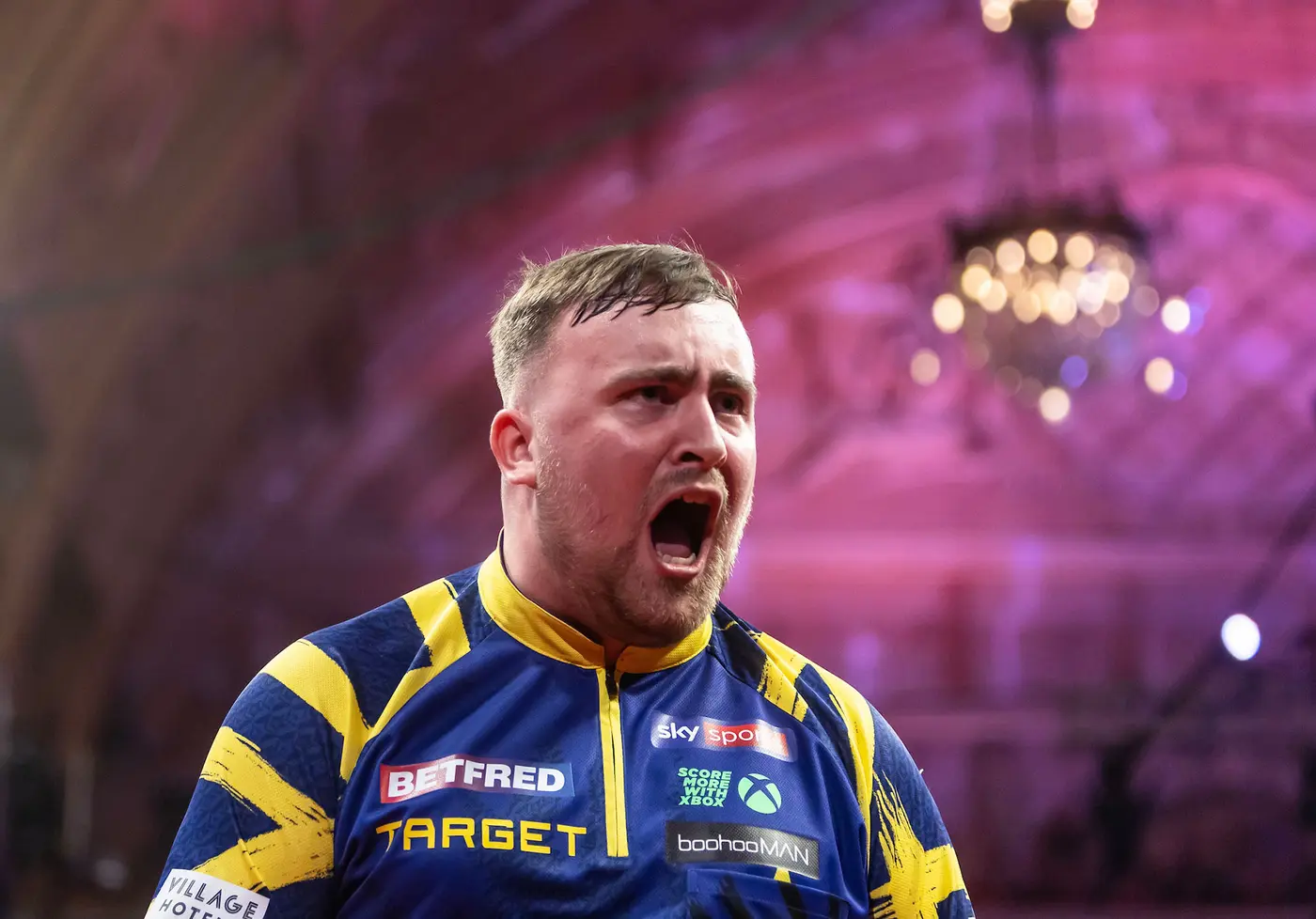T4K3.news
Tommy Fury opens up about rock bottom and comeback
Tommy Fury discusses his struggles and his plan to rebuild his life and career in a new BBC documentary.
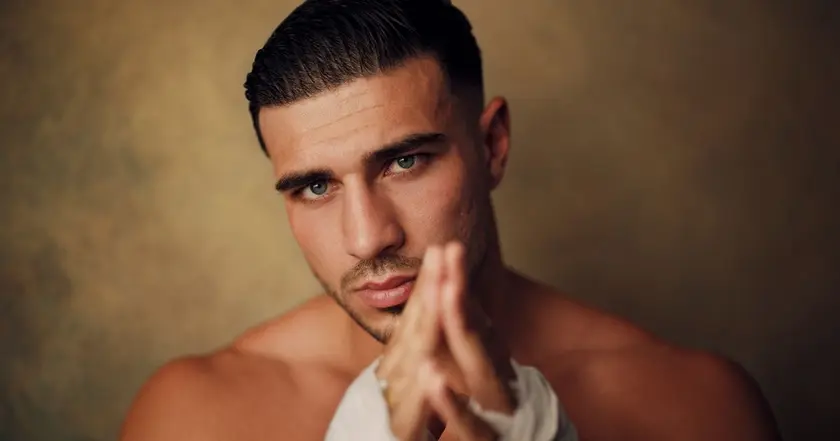
Tommy Fury talks about his struggles with alcohol, the split and reconciliation with Molly Mae Hague, and a BBC documentary that chronicles his recovery and return to boxing
Tommy Fury opens up about rock bottom and comeback after split with Molly Mae Hague
Tommy Fury says a year away from the ring after a hand injury pushed his life to a low point. He describes turning to heavy drinking and says public attention during that period added pressure. The BBC show that follows his comeback includes his father John explaining that he urged Molly Hague to walk away to help him sober up. Fury says he would not have walked away from his life if not for that wake up call, and he uses the moment as a turning point toward repair of his career and family life.
He describes cutting back on alcohol and insists that he is not addicted, though he concedes that four or five drinks in a week is too much. He says he now prioritizes Bambi, his daughter, and he hopes to have more children. He hopes the documentary will show an authentic side of him as he prepares for a comeback after surgery on his hand. The piece also notes that Molly Hague has returned to the relationship, but the public will watch how the pressures of fame continue to shape their family life.
Key Takeaways
"I woke up one morning and everything was gone"
Turning point when Molly and Bambi left
"Let people see the rock bottom for what it is and see me get back to the top"
Tommy calls for an authentic comeback
"You can achieve anything if you do not take no for an answer"
Tommy on resilience and effort
"She is the best mother in the world"
Praise for Molly Hague and family support
The piece uses a celebrity recovery arc to explore the vulnerability of public figures to private demons and the pressure of online scrutiny. It invites readers to consider whether reality TV exposure helps or hinders healing and whether audiences demand a redemption narrative that is also marketable. The framing leans on family support as a pillar of reform, which can humanize a controversial figure while still keeping the spotlight on his sport.
The coverage risks glamorizing struggle or pressuring individuals into performative contrition. By foregrounding family life, it shifts the focus from past accusations to personal restoration, which can both soften critique and constrain how much fault is acknowledged publicly. It also signals a broader trend where athletes use documentary formats to manage their image while pursuing a legitimate return to competition.
Highlights
- Rock bottom can be the start of something real
- Family stays the anchor when fame spins
- Authenticity matters more than a glossy comeback
- The journey from hurt to hope reads like a real life lesson
Public scrutiny and personal trauma risk backlash
The piece ties a personal crisis to a public comeback, touching on sensitive topics such as alcohol misuse, relationship strain, and media scrutiny. This could invite public backlash or affect sponsorships and career momentum.
The coming months will test whether honesty translates into a lasting comeback
Enjoyed this? Let your friends know!
Related News
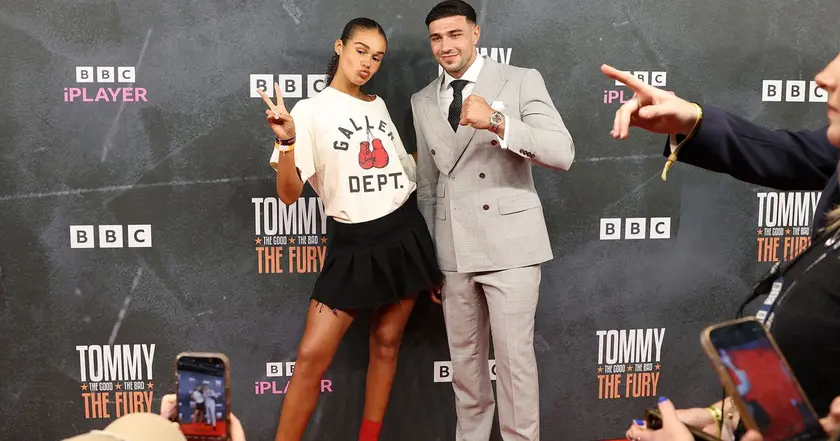
Tommy Fury documentary premiere
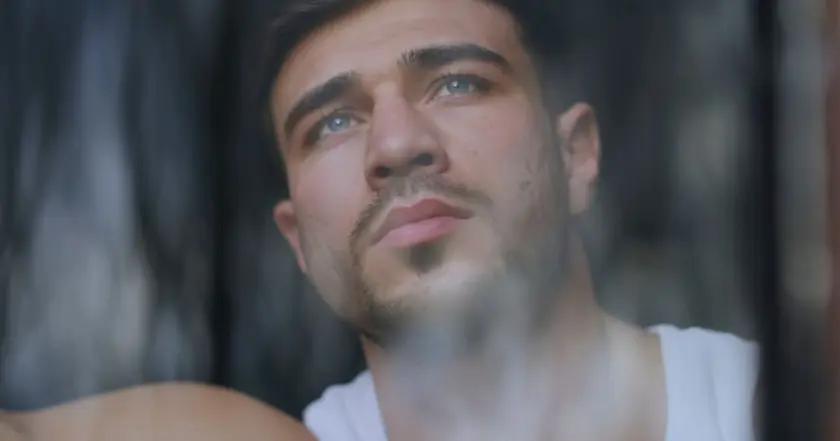
Tommy Fury opens up about alcohol battle in BBC documentary

Matt Fitzpatrick leads Open Championship after tough comeback

Noel Gallagher sighted at Manchester's Stock Exchange Hotel
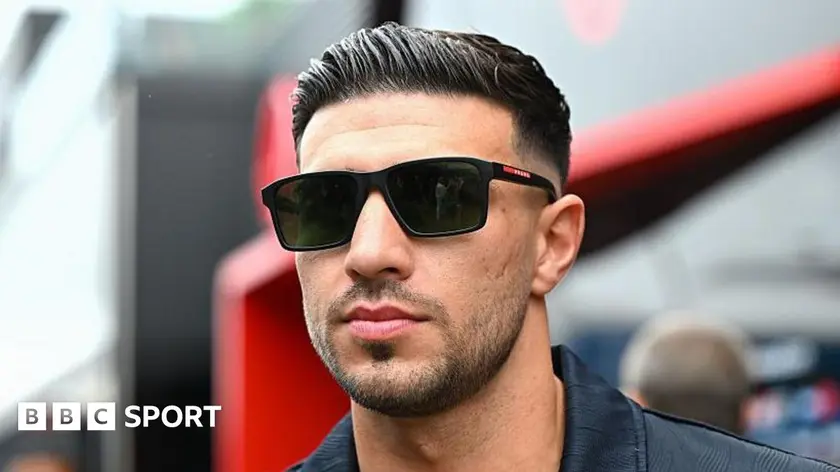
Tommy Fury opens up on BBC documentary

Tommy Fury shares private path after engagement probe
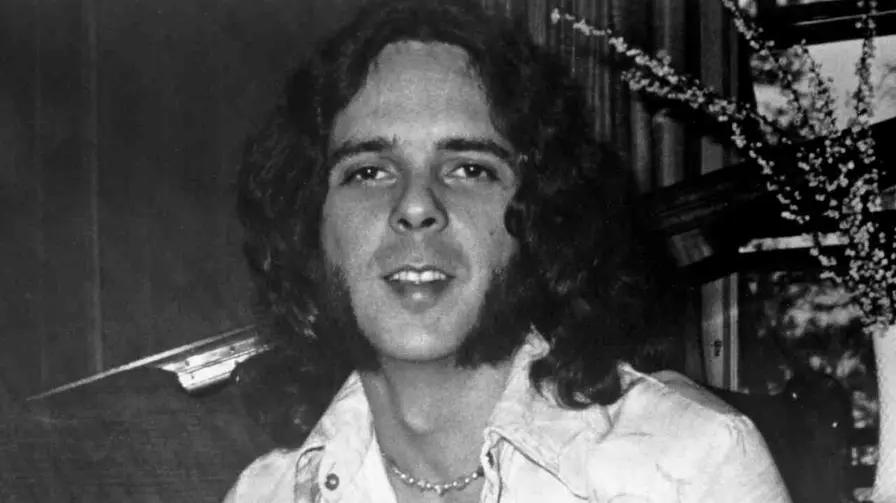
Obituary Notice

Dodgers struggle with bullpen issues ahead of trade deadline
